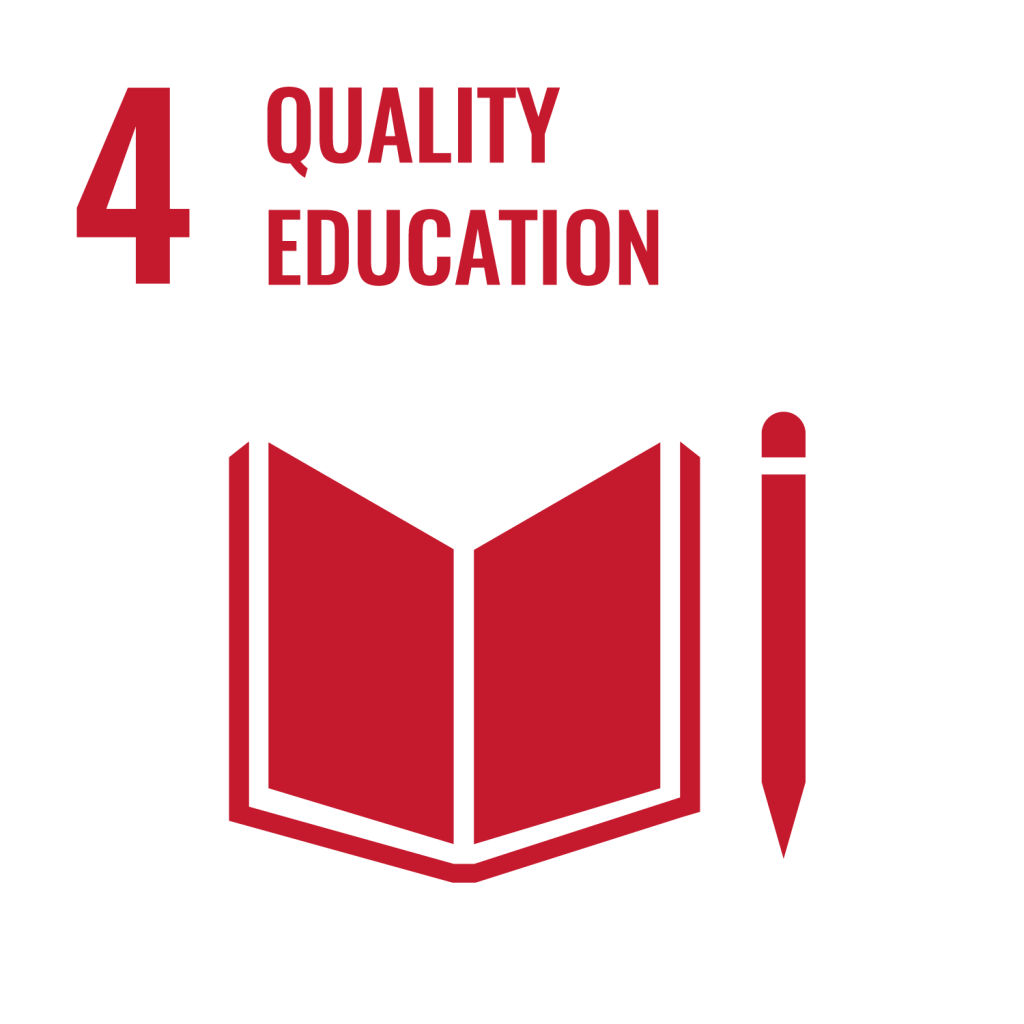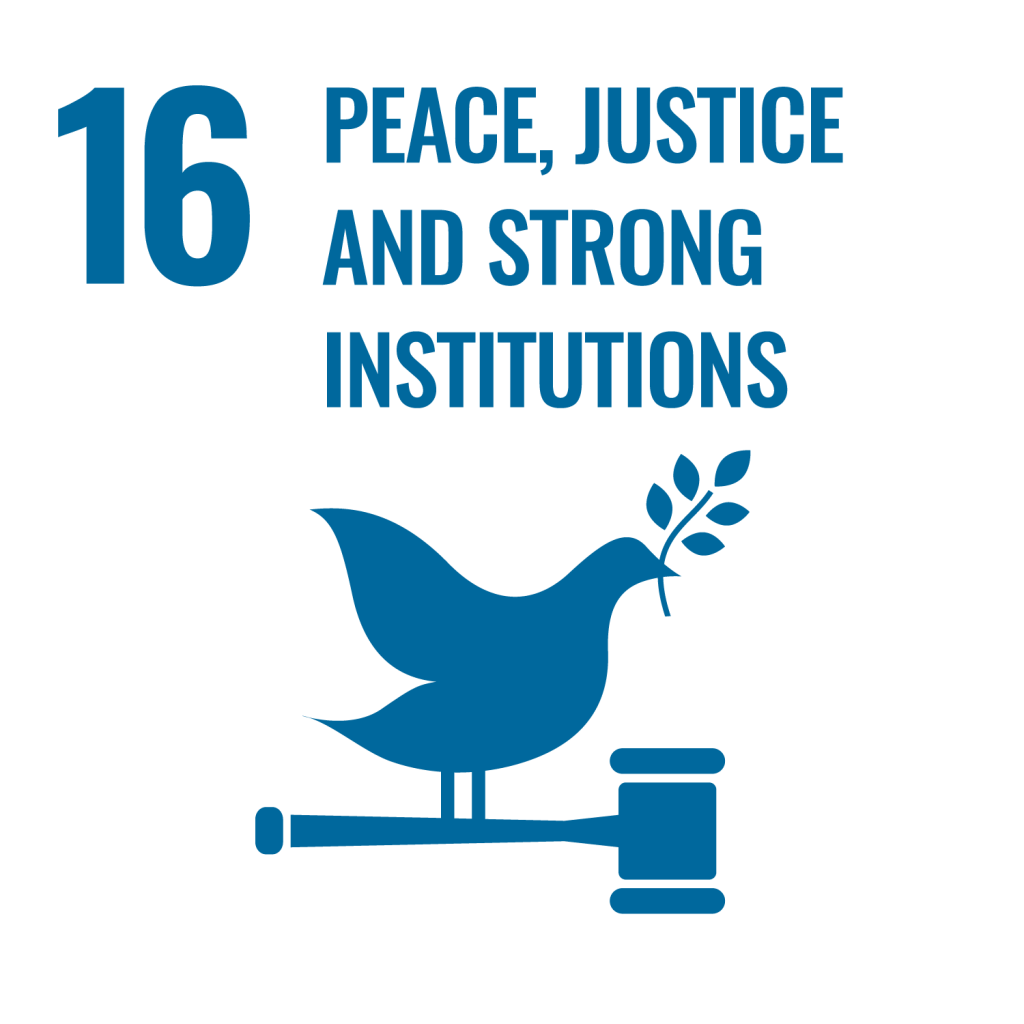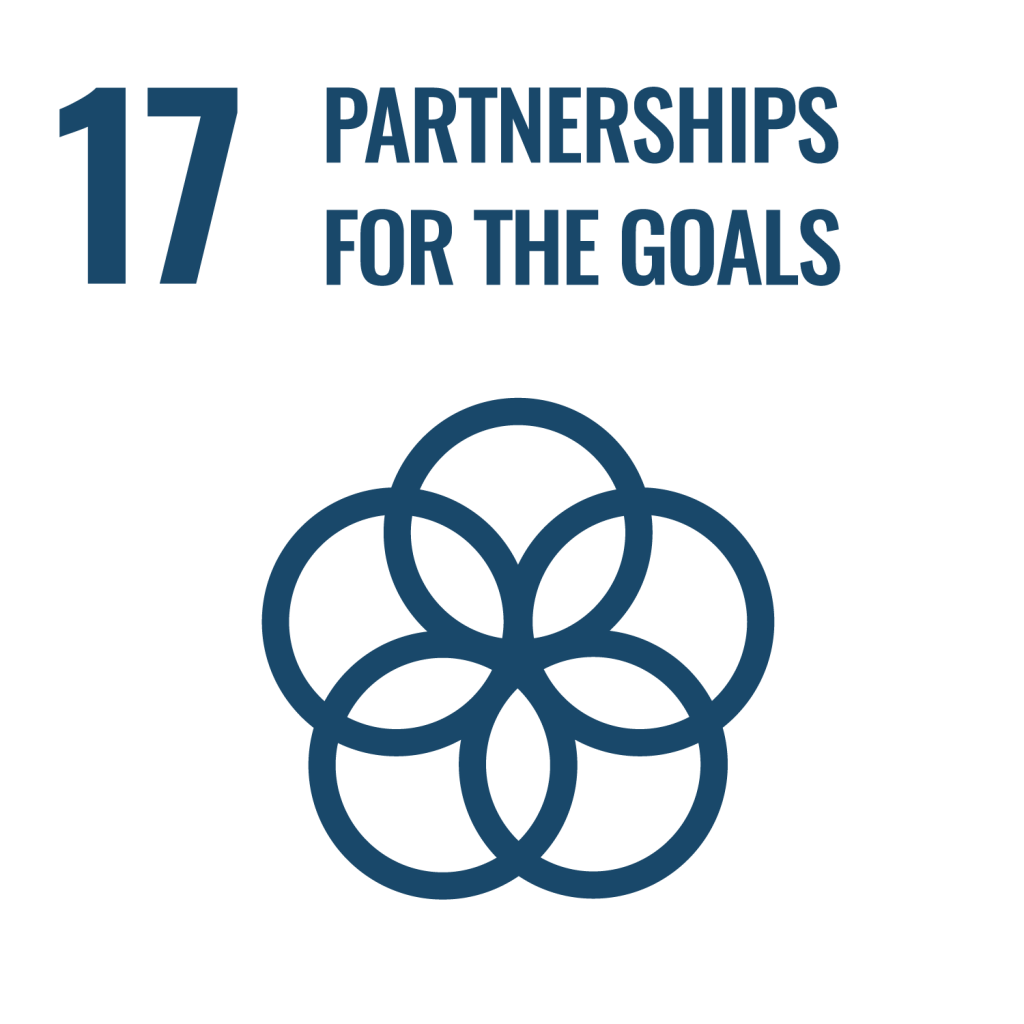Val was wrongfully arrested in 2007 and would spend 14 years experiencing incarceration until 2021 when the Court of Appeal discharged and acquitted him. Val was never compensated for the wrongful imprisonment, trauma and spending his youth behind bars.
Wrongful imprisonment is one of the worst miscarriages of any system of justice. It robs innocent individuals of years, sometimes even decades, of their lives, leaves them with deep psychological and social scars, and typically releases them back into society without help, compensation, or apology.
In Nigeria, this is the norm. There is no statutory framework currently in place to compensate victims of wrongful imprisonment, and although the right to personal liberty is recognised by the Constitution, it makes no provision for a remedy when such a right is violated through wrongful imprisonment. This legislative gap must be filled urgently, and Nigeria can draw useful lessons from how other countries have faced and responded to this issue.
International Standards
In the United States, a number of states have enacted laws allowing victims of wrongful imprisonment collect compensation. Texas, for instance, offers one of the more lucrative packages, such as $80,000 per year of wrongful imprisonment, an annuity for life, and the potential for job training and psychological counselling. Federal law also permits civil action under the U.S. Code for deprivation of constitutional rights, including wrongful conviction. However, the need to prove “actual innocence” remains a hindrance to compensation that not all victims can overcome.
The United Kingdom is more restrictive. The Criminal Justice Act 1988 provides for compensation only where a person’s conviction has been overturned based on new evidence showing conclusive innocence. That narrow test ignores many applicants whose acquittal on appeal is on procedural or evidentiary grounds. The policy has been criticised for being narrow and arbitrary in its application, but at least it is an admission of state obligation.
Canada has resolved some of its most high-profile wrongful conviction cases with a mixture of official apologies and substantial financial settlements. The case of David Milgaard, who spent 23 years in prison for a crime he did not commit, resulted in a compensation package worth more than $10 million. Although there is no compensation under general law, the federal and provincial governments exercise discretion to compensate based on the extent of the injustice and the strength of the evidence of innocence. The packages typically include counselling, education, and social reintegration programs.
Germany has a more structured, statutory remedy. The victims of wrongful imprisonment are awarded €75 per day of imprisonment under its Criminal Compensation Act. Provision is also made for compensation for loss of earnings and legal expenses. It is an administrative procedure and more accessible than adversarial procedures. Interestingly, the German system does not require proof of state misconduct or bad faith; just the occurrence of wrongful imprisonment.
New Zealand’s approach is hybrid. Its Cabinet Guidelines on compensation are discretionary but broad, allowing the government to treat each case on its merits. Victims are eligible for monetary compensation, access to social services, and official apologies. In extremely serious cases, the government may appoint independent investigators or commissions to examine the circumstances of wrongful conviction and provide recommendations for reform.
By comparison, Nigeria provides nearly zero relief to victims of wrongful incarceration. Although the Constitution prohibits arbitrary detention, enforcement is weak, and courts rarely award significant compensation. Individuals released after years of wrongful incarceration due to mistaken identity, prosecutorial misconduct, or lack of access to counsel consistently depart prison with nothing; no apology, no reintegration support, and no compensation. This lack of redress deepens the injustice and erodes public faith in the judiciary.
The Way Forward
To address this lacuna, Nigeria should urgently consider passing a comprehensive Wrongful Convictions and Detention Compensation Law. This legislation would create a formal, regular framework for compensation of victims without the requirement of suing the state or proving malice. The bill can mandate statutory monetary compensation for each year of unlawful imprisonment, and provide access to non-monetary remedies such as psychological counselling, educational scholarships, and reintegration services. These measures would not only grant some form of redress to victims but also promote a culture of accountability within the justice system.
Furthermore, Nigeria should establish an independent commission, such as a National Criminal Justice Review Commission, to investigate claims of wrongful imprisonment and recommend exoneration or retrials. The commission would serve a dual purpose: bringing justice to victims and identifying systemic shortcomings that need to be reformed.
Judicial officers, prosecutors, and defence attorneys should also undergo regular training on how to recognise and avoid causing wrongful convictions. Improving access to legal counsel and reducing prolonged pre-trial detention are also critical to addressing the root causes of this injustice.
The government should consider amending the constitution to include an express right to compensation for wrongful imprisonment. This would provide the reforms with a better legal foundation and equip the judiciary with the constitutional mandate to award damages in deserving cases. Public awareness campaigns and civil society activism would also complement these efforts by generating awareness and ensuring transparency.
Wrongful imprisonment is a stain on any society that has justice as one of its ideals and as a foundation. Freedom, when it follows decades of unwarranted imprisonment, is insufficient without restitution and healing. With the right legislation, institutional reforms, and political will, we can move from a culture of impunity to one that truly honours justice even when it must admit that it has been wrong.






